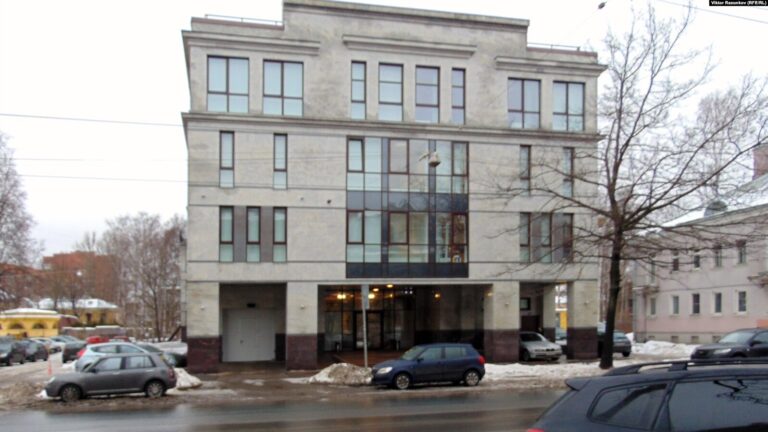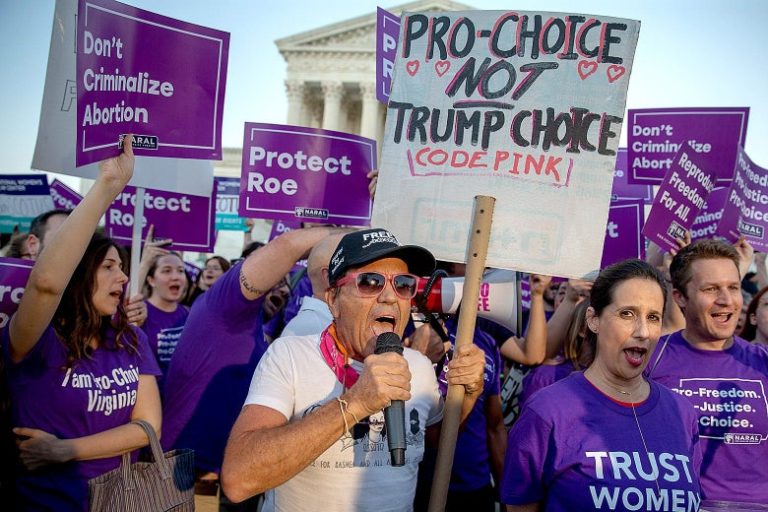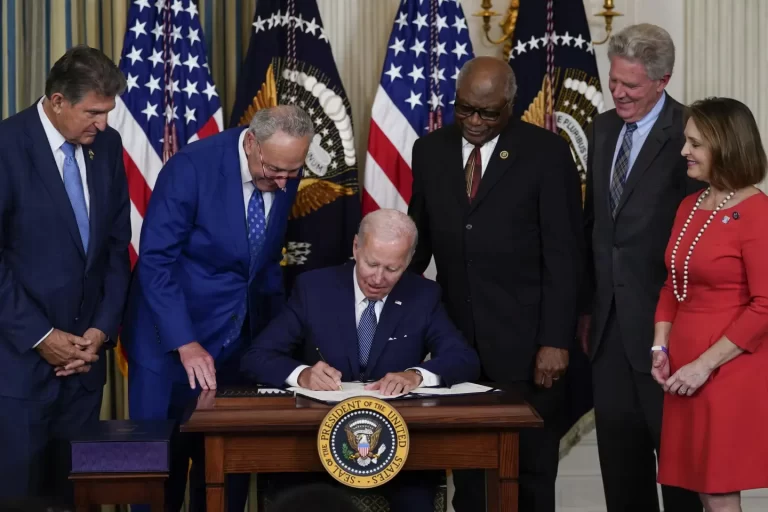On the night of October 15, President Donald Trump and former Vice President Joe Biden held competing town halls that appeared on different networks at the exact same time. The town halls aired at the same time as the previously-scheduled second presidential debate, which Trump refused to participate in once it was announced the debate would take place virtually. Instead of debating each other, which would have allowed viewers to see the contrast between the two candidates directly, they highlighted their differences in two very tonally-different events.
By refusing to participate in a virtual debate despite his positive coronavirus diagnosis and instead scheduling a town hall that competed with Biden’s, Trump set the stage for a contentious night. Viewers that flipped between the two town halls noted the stark difference in atmospheres, as Trump seemed on edge and antagonistic as NBC moderator Savannah Guthrie pulled no punches in her questioning. On the other hand, Biden appeared calm and at ease, finally able to give the long-winded answers he’s infamous for without being constantly interrupted by Trump, despite some pressing by ABC moderator George Stephanopoulos on the topic of court-packing.
So how different was this format to a traditional debate? Each candidate still faced scrutiny, both from their respective moderators and the participants in the room, and had to respond to ideas about the other candidate. Although they took place at the same time, which forced viewers to flip back and forth to compare performances, these town halls were essentially campaign events that didn’t accomplish the main purpose of a debate – to see how the two candidates function in direct opposition to each other. Debates may not be the make-or-break moment in an election, but they do play a vital part in showcasing the comparison between the two candidates, so will the lack of a debate truly have a huge impact on how the election plays out?
Despite their seemingly integral role in the fabric of presidential elections today, debates aren’t actually that old of a practice. The first televised debate wasn’t held until 1960, between Richard Nixon and John F. Kennedy, where JFK was able to gain an unexpected lead over Nixon by utilizing the medium of television to his advantage. Following 1960, no debates were held again until 1976, between incumbent Gerald Ford and challenger Jimmy Carter, where Ford made a stumble that many believe cost him the election. Since 1976, debates have been crucial battlegrounds in presidential elections that can drastically influence a candidate’s standing, as demonstrated when incumbent Ronald Reagan essentially crushed challenger Walter Mondale by jokingly vowing not to “exploit [his] opponent’s youth and inexperience.”
However, Trump’s refusal to participate in the virtual debate is not the first time since 1976 that a sitting president has refused to attend a debate. In fact, the proposed virtual debate wouldn’t have even been the first remote debate to be held. Back in 1960, the fourth debate between Nixon and Kennedy was held remotely, as Nixon debated from a studio in Los Angeles and Kennedy from a studio in New York. And back in 1980, President Carter refused to participate in a debate if it meant third-party candidate John Anderson would also be attending, so the first debate went ahead with just challenger Ronald Reagan and Anderson (Anderson didn’t qualify for the second debate and Carter debated Reagan alone, in a performance that again may have cost Carter the election).
In the end, this lack of debate isn’t as game-changing as it may have initially seemed. Even the lack of in-person debate wouldn’t have been as radical as some may have thought, as the idea of a remote debate is as old as televised debates themselves. But even though debates aren’t mandated by law as part of the election process, they are a way of allowing the American people to make a more educated decision as to who to vote for, and have a history of playing a crucial role in how they decide. The people have a right to see how a candidate functions when placed against the other, which highlights just why Trump’s refusal to participate was so frustrating.



